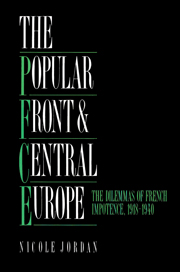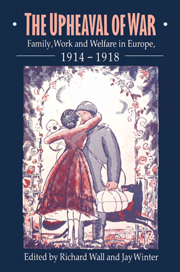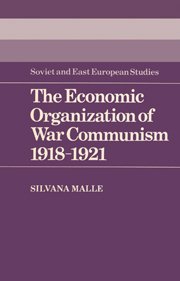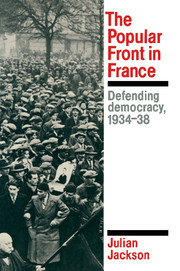The Popular Front and Central Europe
Between 1936 and 1938, the French alliance system in East Central Europe collapsed. The resulting dramatic expansion of German power led directly to the Second World War. This illuminating study investigates the implications of French military, economic and diplomatic policies in Central Europe from Versailles until the fall of France, establishing the proper context for the policy options of Léon Blum's Popular Front. It focuses on the clash between the French military and French radical politics in 1936–7 when Blum's government sought to rally to the defence of Czechoslovakia. The figure of Blum illustrates the insights and the dilemmas of a democratic Socialist caught up in the imbrication of foreign and domestic politics which increasingly characterised the 1930s.
Product details
August 2002Paperback
9780521522427
368 pages
228 × 152 × 24 mm
0.592kg
Available
Table of Contents
- List of maps
- Acknowledgements
- Abbreviations
- Introduction
- 1. The diplomats, the formation of the eastern alliance system and arms limitation, 1918–1935
- 2. The military, the Rhineland and the eastern alliances, 1918–1936
- 3. Blum and the quandaries of external economic policy: the Schacht voyage
- 4. Blum and the military: the Franco-Polish arms
- 5. Blum and the diplomats: the Franco-Petite Entente negotiations, I
- 6. Blum and the diplomats: the Franco-Petite Entente negotiations, II
- 7. The great eastern crises, 1938–1939, and the fall of France
- Summary and epilogue: Léon Blum and Czechoslovakia in 1938
- Bibliography
- Index.









.jpg)
.jpg)